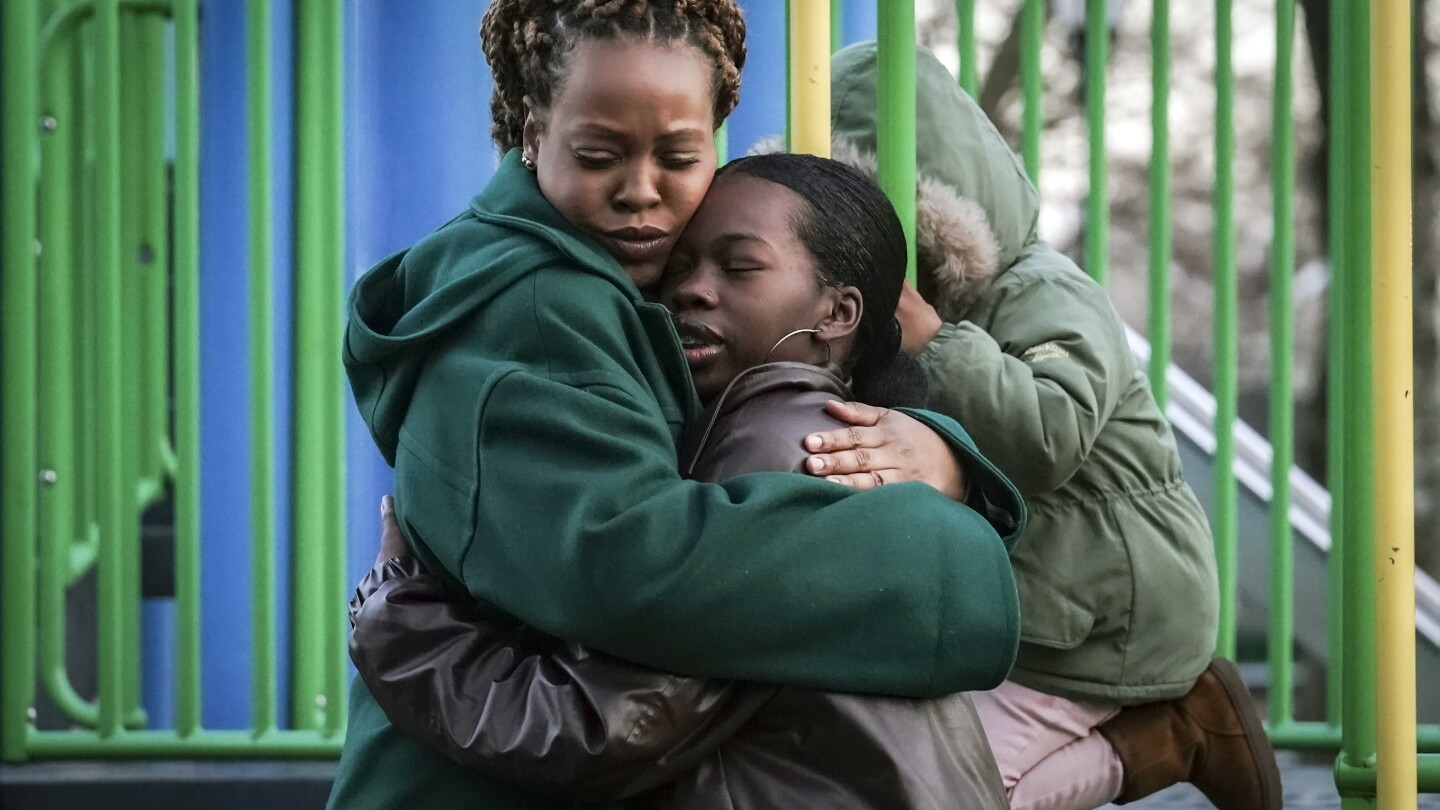Derry Oliver was in fifth grade when she first talked to her mom about seeing a therapist.
She was living in Georgia with her brother while her mom was in New York scoping out jobs and apartments ahead of moving the family. It was a rough year apart. Oliver, now 17, was feeling depressed. A school staffer raised the idea of a therapist.
Oliver’s mom, also named Derry Oliver, questioned the school’s assessment and didn’t give consent for therapy. “You’re so young,” the mom recalled thinking. “There’s nothing wrong with you. These are growing pains.”
The issue boiled over again during the COVID-19 pandemic when the younger Oliver, struggling with the isolation of remote learning, reached out to her Brooklyn high school for help. School-based mental health professionals like social workers can provide some counseling without parent permission. But in New York, referring a student to more intensive therapy almost always requires a parent’s agreement. In Oliver’s case, that led to more conflict.
…
As schools across the country respond to a youth mental health crisis accelerated by the pandemic, many are confronting the thorny legal, ethical, and practical challenges of getting parents on board with treatment. The issue has become politicized, with some states looking to streamline access as conservative politicians elsewhere propose further restrictions, accusing schools of trying to indoctrinate students and cut out parents.
Differing perspectives on mental health aren’t new for parents and kids, but more conflicts are emerging as young people get more comfortable talking openly about mental health and treatment becomes more readily available. Schools have invested pandemic relief money in hiring more mental health specialists as well as telehealth and online counseling to reach as many students as possible.



Everyone should be in therapy.
Not that everyone wouldn’t benefit from having a wall to bounce ideas off of, but the thing I’ve noticed about much of the therapy I’ve experienced was the lack of focus on addressing (enforcing respectfully but in a non-negotiable way) needs as an effective and commonsense proxy for wellness.
There is so much people-pleasing and self or forced martyrdom that really must be addressed. There’s no drug or habit or professional that can save you if your life is chronic hell the moment the door locks clicks and there’s an external locus of coercive control coming from within the house or that lives on through ones nervous system as a background process that you can’t put a name to and how to shutdown
There’s huge difference in quality and approach from one therapist to another. I would avoid therapy with a licensed clinical social worker or certified counselor or that sort of thing, The absolute best practitioner in my experience will be someone that went to medical school, an MD or DO, or a PhD in psychology from a good school. A good behavioral therapist will draw out these processes and help close them down. I like to think of them as browser tabs.
Sounds nice but therapy is so expensive.